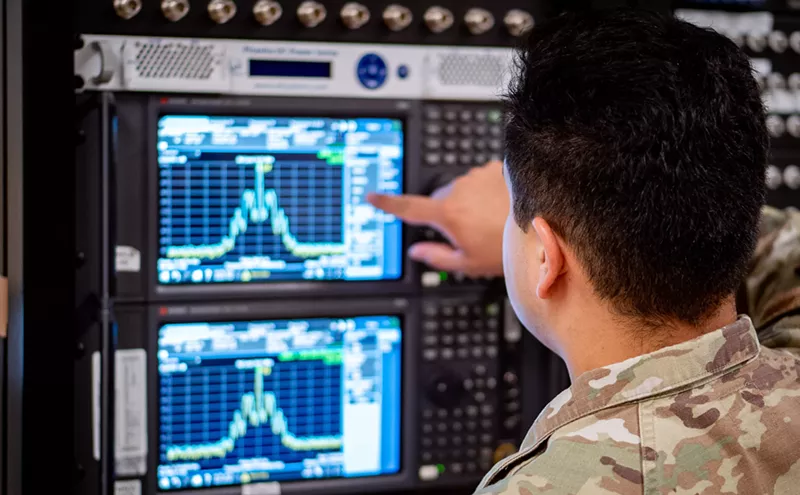An afternoon breeze blows through an open doorway under the opening titles of Kiyoshi Kurosawa's Tokyo Sonata, portending a coming storm and the more violent winds of change about to uproot the lives of the movie's characters.
A bottled message cast from the shores of an economy whose implosion anticipated our own, Kurosawa's film centers on Ryûhei (Teruyuki Kagawa), a 46-year-old middle manager for a Tokyo health-care equipment company who learns that his entire department is being outsourced to China (where labor costs are two-thirds less). Like the similarly downsized businessman of Laurent Cantet's Time Out, Ryûhei guards the news from his wife, Megumi (the excellent Kyôko Koizumi), and their two sons, continuing to don his suit and tie for a daily triathlon of dead-end job interviews, soup-kitchen lunches, and afternoons whiled away at a public library where similarly displaced corporate zombies sit reading the day's papers as if waiting for the commuter train. One of them, Ryûhei's high-school friend, Kurosu (Kanji Tsuda), has even programmed his cell phone to issue phantom rings five times per hour, thereby giving him an illusory leg up on the competition.
Just about everyone in Tokyo Sonata proves equally adept at deception. Whether or not Megumi believes that her increasingly despondent, violent-tempered husband is still gainfully employed, she continues to play the part of the obliging helpmeet (at least for the time being). Meanwhile, youngest son Kenji (Inowaki Kai), a bright-eyed sixth-grader, pockets his lunch money to pay for the piano lessons to which his dad has firmly said no. And in a further affront to Ryûhei's already fragile masculine authority, eldest son Takashi (Yû Koyanagi) calmly announces that he's joining the U.S. military no matter what anyone says.
Like that most revered of Japanese directors, Yasujiro Ozu, Kurosawa here uses the microcosm of family to reflect a changing Japanese society — one that he sees staggering awkwardly into the 21st century, weighed down by faltering notions of tradition and a profound lack of internal communication. If that makes the film sound like an unexpected about-face for a director best known for his brainier-than-average supernatural thrillers (Cure, Charisma), rest assured that Kurosawa hasn't entirely thrown the J-horror baby out with the inky bath water. Kurosawa's abiding concern has always been the alienation of modern living, which he here merely transplants into a more recognizable domestic milieu, where subtle fissures in society's apparent order threaten to short-circuit people instead of their beloved technology. (Arguably, Tokyo Sonata isn't even his first film about economic downsizing; the ingenious Pulse — the one of Kurosawa's films to suffer the indignity of an American remake — considered the problem of an overcrowded Heaven whose excess souls were being expunged back into the world of the living and taking up residence on the Internet.)
"When's that giant earthquake coming — the one that'll turn everything upside down?" asks one of Kurosawa's characters, speaking to a collective yearning for renewal. Then Kurosawa himself nudges things along, pushing Tokyo Sonata and everyone in it to the brink in a third act that contains no actual earthquakes, but that seems to turn the world on its side nevertheless. Policemen chase innocent children through the streets. A pile of cash mysteriously appears in a public lavatory. And a bedraggled home invader (played by Kurosawa regular Kôji Yakusho) proves more receptive to Megumi's wifely attentions than her own husband does.
The last act's upheaval is, in the opinion of some — including the film's Australian co-screenwriter Max Mannix, who has complained publicly about the liberties Kurosawa took with his original draft — the point at which Tokyo Sonata irrevocably jumps the shark, devolving from a contemplative family tragedy into some unclassifiable hybrid of hostage drama and apocalyptic dark comedy. Yet it is precisely here that the already considerable beauty of this unlikely recession-era tonic grows deeper and more personal, as something oddly like hope arrives in the guise of chaos, and we, like the characters on screen, perk up our heads to glimpse it.







